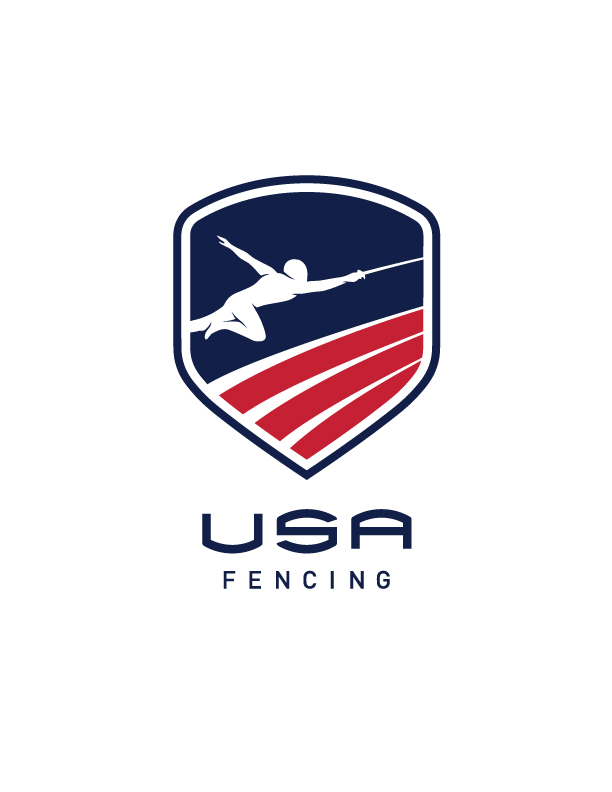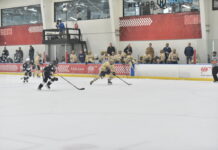Swordsmanship often finds its way onto television or the silver screen. Whether it be a duel between gallant knights or noble Jedis, their impressive feats of combat and skill always captivate an audience. For the expert martial artists, the sword becomes a symbol of honor and chivalry. A similar fascination with swords drove Jared Petroll ’18 to start fencing at age nine, when he “went to a [fencing] camp, liked it, and stuck with it ever since.” From that day, he has been fencing his way to the top of the Junior Epee world.
In February, Jared, along with about 2,000 of the best youth fencers in the country, descended upon Kansas City, Missouri, for the USA Fencing Junior Olympic Championship. The participants in the tournament came from all across the United States, ranging from California to Texas to New York. The four-day tournament held competitions for each of the three fencing disciplines—foil, saber, and epee. To compete, a fencer must be ranked in the top half of their region or score national points. Having scored nationally with his club over the summer, Jared qualified for and competed in the Junior Men’s Epee and the Junior Team Men’s Epee.
To prepare for the big tournament, Jared stuck to his usual routine, taking some extra time to nurse an injured knee. “I had to get training to heal my knee so I could move better. Other than that, it was just regular practice: warm up, stretch, and fence. There wasn’t much unique to it.” On the first day, Jared competed in the Junior Men’s Epee, going undefeated in the first round. But after being reseeded, he lost in the elimination round, struggling after his great opening. The next day, Jared unsheathed his epee in the team event, in which he participates with his club, and performed exceptionally, helping his team secure the 13th place out of 44 teams. Jared commented on his great performance despite the strength of the opposing teams, saying, “We had to face the number one seed, and I fenced well against them.”
Jared views the tournament as a great learning and competitive experience, and he remains optimistic about the results. Remarking on his individual competition the first day, Jared found instructional value in the event, saying said, “I was a little disappointed, but I know what I need to work on. I’ve been working on it, and I feel like I’ve grown from it overall.” Carrying the same positive view to the whole tournament, Jared commented about his experience, showing pride in his accomplishments: “All in all, it was a win. I did well, especially the second day. I was fencing really good people, and it was some of my best fencing.” Through the tournament, Jared was able to gain experience against the best in the country as well as identify areas for improvement.
With this tournament behind him, Jared now looks toward the North American Cup in April, where he plans to capitalize on the experience he gained from the Junior Olympics.






